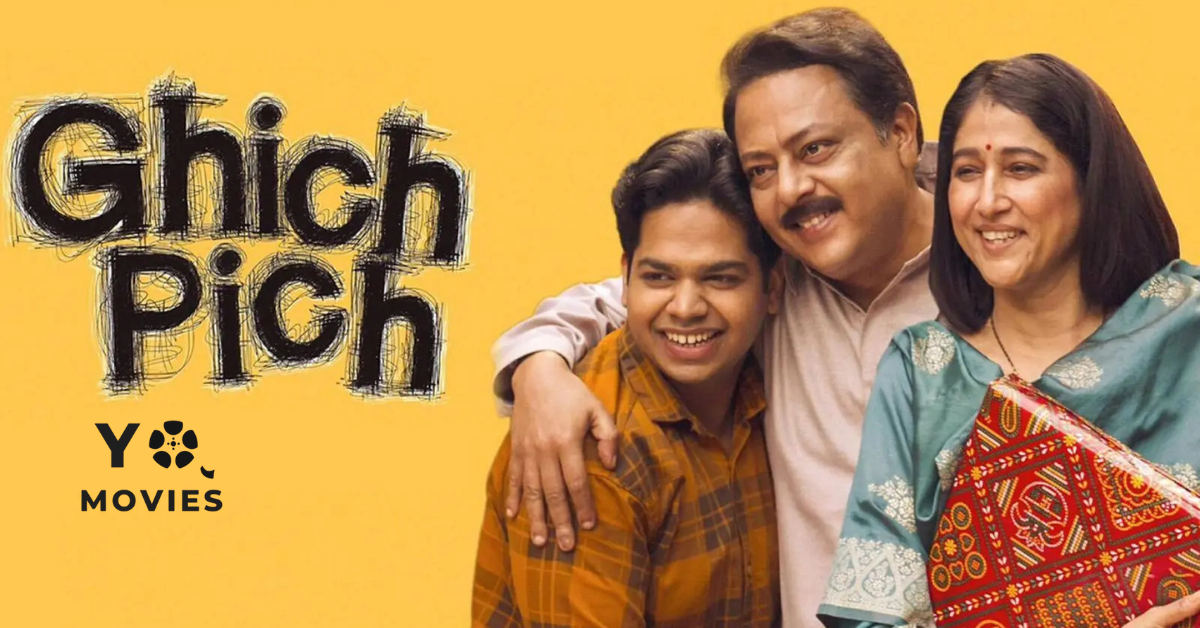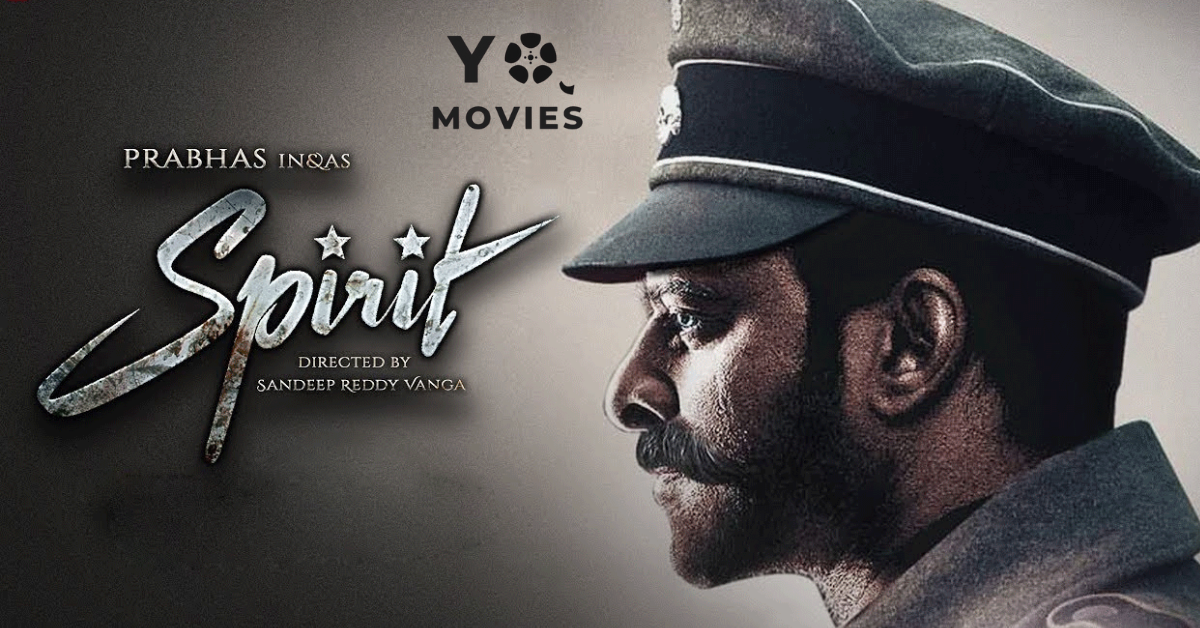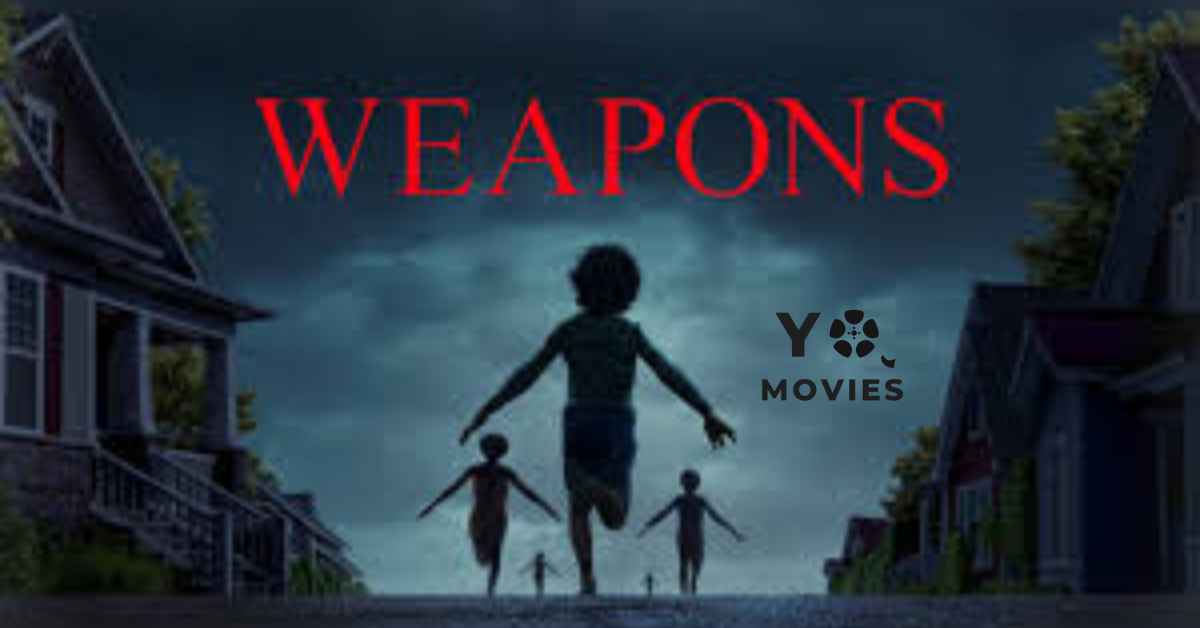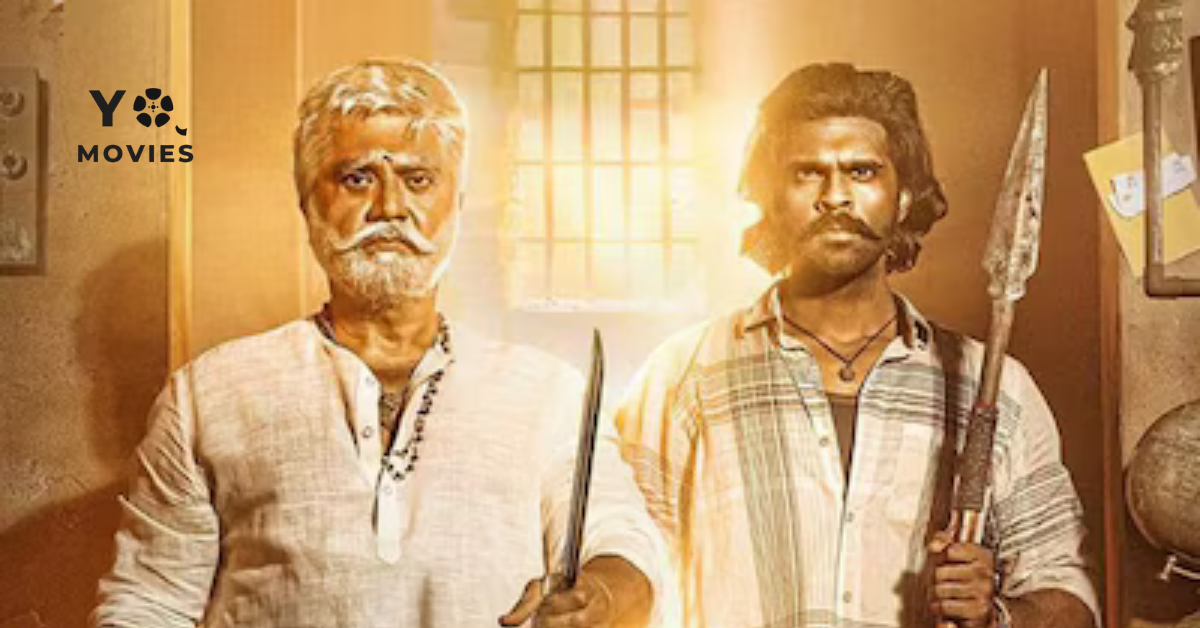Ghich Pich is a 2025 Hindi-language coming-of-age comedy-drama written and directed by Ankur Singla. The film is set in early 2000s Chandigarh and explores the intersecting lives of three teenage friends and their fathers, navigating rebellion, expectation, identity, and tradition. It released theatrically on 8 August 2025.
With a runtime of about 92 minutes, the film moves through household dramas, teenage dilemmas, and father-son conflicts with a grounded touch.
Cast & Crew Details
Director / Writer
- Ankur Singla (also producer)
Producers
- Simran Dhir, Sushil Singla, and Ankur Singla
Key Cast
- Shhivam Kakar as Gaurav Arora
- Kabir Nanda as Gurpreet Singh
- Aryan Singh Rana as Anurag Bansal
- Nitesh Pandey as Rakesh Arora (Gaurav’s father)
- Satyajit Sharma as Naresh Bansal (Anurag’s father)
- Geeta Agrawal Sharma as Ritu Arora (mother)
Technical Crew
- Cinematography: Sukhan Saar Singh
- Editing: Syed Mubashshir Ali
- Music: Ritwik De
- Distributor: Platoon Distribution
Plot & Themes
Story Setup
Ghich Pich follows Gurpreet, Gaurav, and Anurag—three teenage boys in Chandigarh navigating adolescence amid family expectations and personal aspirations.
- Gurpreet is a Sikh youth grappling with religious identity and love, including the tension around cutting his hair to impress a classmate.
- Gaurav must deal with discovering a secret about his father (Nitesh Pandey’s character), which challenges his image of his childhood home and his trust.
- Anurag struggles under the pressure of his father (Satyajit Sharma), whose ambition and high expectations weigh heavily on him.
Through these arcs, the film examines father-son dynamics, how tradition and modernity clash, the burden of expectations, and the quiet crisis of identity.
Themes & Mood
- Family vs Individuality: The tension between what the boys want and what their fathers expect.
- Tradition & Rebellion: Especially in Gurpreet’s arc, about identity and religious symbolism.
- Secrets & Acceptance: Gaurav’s revelation acts as a turning point.
- Masculinity & Emotional Expression: The film peels away the stoic façade to show vulnerability.
- Nostalgia & Time: Set in early 2000s, it relishes the era before mobile dominance, evoking childhood memories of school, friendships, small towns.
The tone is gentle, observational, and emotional rather than melodramatic.
What Works Strongly
- Authentic Performances
The young actors (Kakar, Nanda, Rana) bring rawness, vulnerability, and natural chemistry. Their interactions feel lived-in, not staged.
The veterans—Satyajit Sharma, Nitesh Pandey—deliver restraint and emotional weight in their father roles. - Crisis of Familiarity
Ordinary routines, small tensions, silences—these are used skillfully. The film lets emotions settle, revealing depth in mundane moments. - Balanced Narrative Weaving
The three arcs interlock well, offering contrast and unity. It doesn’t fragment, even while juggling multiple threads. - Period and Place as Character
Chandigarh in early 2000s, with its architecture, school life, street scenes, clothes, soundscape—all feel authentic. - Emotional Resonance
Though conflicts are not exaggerated, they land emotionally. The film doesn’t overplay; it trusts audience empathy.
Weaknesses & Critical Observations
- Climax & Resolution Feel Rushed
Some critics note that Gaurav’s arc, and perhaps the resolution of interpersonal tensions, feel hurried compared to the careful build-up. - Shallower Arcs for Some Characters
While central arcs are fleshed, some supporting characters (mothers, side friends) get less screen time or depth. - Predictability in Certain Beats
A few plot developments—especially conflicts between authoritative fathers and constrained sons—are expected, though the execution adds subtlety. - Tonality Balancing is Delicate
The film shifts between humor, drama, emotional reflection. At times transitions feel abrupt or uneven in intensity.
Reception & Critical Response
- Times of India rated it 3.5/5, calling it “a beautiful bittersweet tale of adolescence done right.”
- Moneycontrol praises its portrayal of three father-son sets and notes some structural weaknesses in Gaurav’s arc.
- Film Threat calls it a “quiet but compelling debut,” highlighting its layered stories about fathers and sons.
- On Rotten Tomatoes, it is listed with a few critic reviews and described as “nostalgia, heart” oriented.
Audience feedback (on BookMyShow) is strong: pre-ratings of 8.6/10 with praise for its heart, storytelling, and performances.
Final Verdict
Rating: 3.5 / 5
Ghich Pich is a quietly powerful coming-of-age film that doesn’t need spectacle to connect. Its strengths lie in authenticity, performances, and emotional restraint. While it has some small flaws—climax pacing, lighter arcs—it succeeds more than it falters.
If you enjoy introspective dramas, films about teen life, family, and identity with a touch of nostalgia, Ghich Pich deserves your attention. It’s not a loud film, but one that resonates.
For more heartfelt film reviews, personal storytelling, and in-depth insights, check out YoMovies at the bottom of your screen.





Leave a Reply